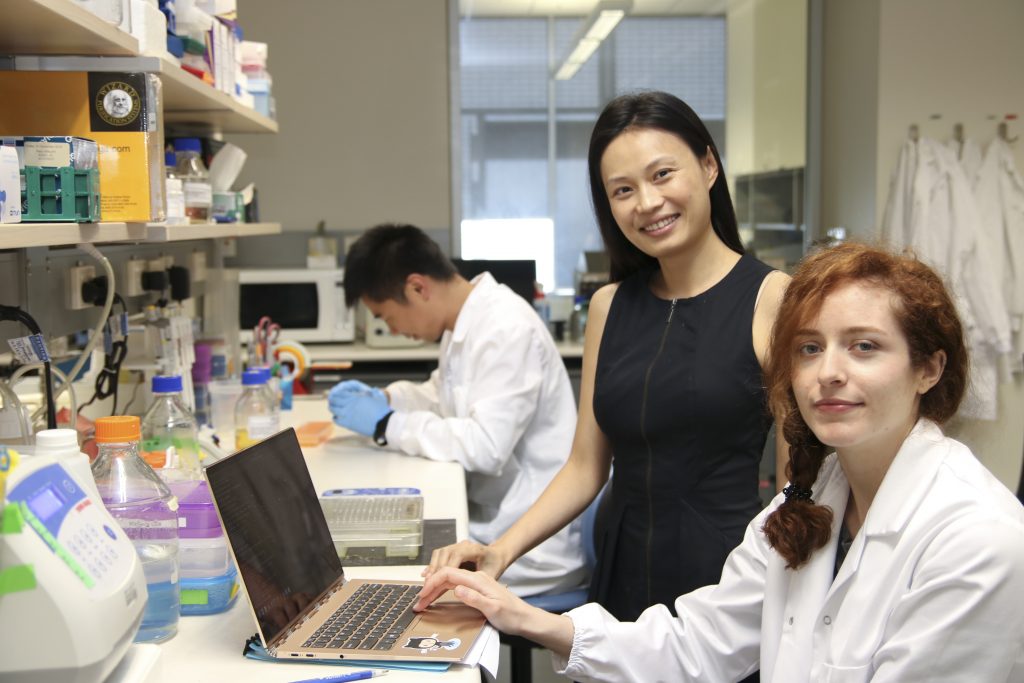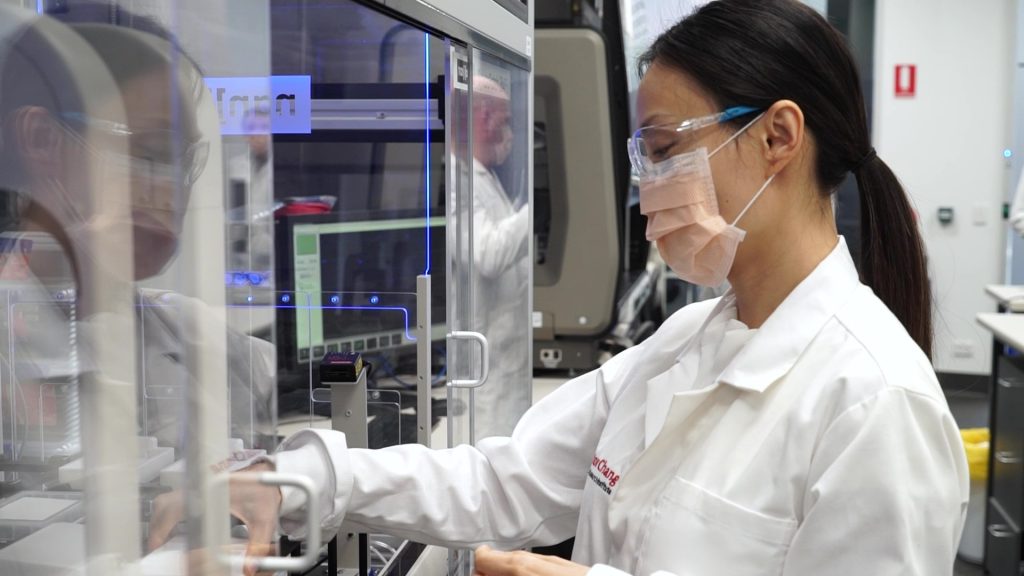Foundation favours the bold
The not-for-profit Snow Medical Research Foundation is investing in the next generation of scientific visionaries and their innovative research.
‘We want to attract to Australia and retain our brightest medical minds by giving them the time, freedom and funding to pursue bold research programs,’ says Snow Medical Research Foundation Chair Tom Snow.
Each year, the Foundation awards eight-year fellowships of $1 million a year to a select number of emerging researchers to establish laboratories, assemble and manage research teams, and develop their leadership skills. The investment is already proving transformative.
Developed by Canberra’s entrepreneurial Snow family, the Foundation has so far awarded $91.1 million to nine fellows working in fields as diverse as gene regulation, RNA biomedicine, cancer diagnosis and cardiovascular disease.
‘We want to attract to Australia and retain our brightest medical minds by giving them the time, freedom and funding to pursue bold research programs,’ says foundation chair Tom Snow. ‘By breaking the short-term funding cycle and encouraging fellows to take measured risks, we are backing them to become inspiring leaders, make new discoveries and accelerate medical breakthroughs.’
Supporting the world’s best researchers, many of whom are already part of international collaborations, stands to have profound economic as well as medical benefits. ‘In NSW, it means an extra $24 million has been injected into the health sector for the work of our three current fellows,’ Tom says. ‘It also sees this state becoming the home of some amazing new science.’
As well as laboratory costs, the Snow Fellowship covers the salaries of the fellow and post-doctoral researchers, technical and laboratory management support, project funds and leadership development for the eight-year period.

Shedding light on dark genome
The opportunity of stable funding for research in her home city is a boon to fellow Dr Emily Wong, who epitomises the Snow family’s commitment to promoting diversity, inclusivity and gender equality. A mother of two young children, she says she has struggled to combine parenting and research, particularly early in her career.
Emily now heads the Regulatory Systems Laboratory at the Victor Chang Cardiac Research Institute in Sydney, where her team is researching the dark genome – a non-coding genome that makes up a large proportion of our DNA. The team is working to understand how parts of the dark genome control the expression of our genes and, in particular, cause heart disease.
‘The dark genome and the enhancers it contains have not been well studied, but it appears to have a big bearing on disease,’ Emily says. ‘I am particularly interested in understanding how enhancers function in our heart, what happens to how they function as we age, and how they can predispose us to heart disease.
‘Thanks to the fellowship, our team can think bigger picture. For example, we are part of an international collaboration, funded by the fellowship, that is studying the genetic and epigenetic system mechanics for why exercise is a beneficial intervention for improved heart health, especially as we age.
‘Our team includes scientists specialising in model organism research, molecular biologists and bioinformaticians working with large genomics datasets, and the work we are doing has broad consequences. Ultimately, our aim is to better understand the mechanisms underlying gene regulation in the heart, so we can better genetically diagnose heart disease and potentially develop new drug treatments. However, while we are starting with heart disease, our work will open the door to understanding how the dark genome causes other diseases, too.’

Revolutionary change
Tom says Emily’s research is novel and exciting. ‘Mapping the dark genome of the heart – that hasn’t been done anywhere in the world,’ he says. ‘This is going to make Sydney a hub for research in this field.’
With memories of parental leave as a junior researcher still fresh in her mind, when her work took ‘a huge productivity hit’, Emily appreciates the values underpinning her fellowship. ‘I hope I can become a role model for other female scientists or scientists with children or scientists from a different ethnic background,’ she says. ‘When you have children you want stability and continuity, and now I can stay in Sydney for the foreseeable future. I can take a longer-term approach, working on something that has the capacity to be transformational.’
To date, Snow Medical has funded nine fellows across Australia through their eligible host universities or medical research institutes. For more information on the Snow Medical Research Program grant opportunities visit https://snowmedical.org.au/.
Updated 3 years ago